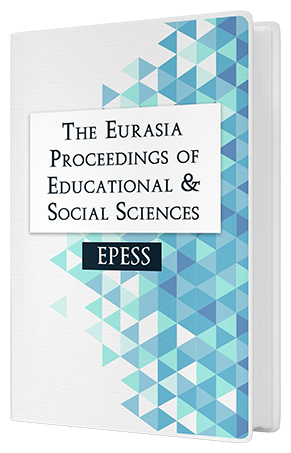Opinions of Novice Mathematics Teachers on Improving the Teacher Induction Programme
DOI:
https://doi.org/10.55549/epess.1223248Keywords:
Induction program, Novice mathematics teachers, Program developmentAbstract
Teacher induction programs are education systems designed to improve the knowledge, skills and mental structures of novice teachers. If we look at the induction program in Turkey, in March and October 2016, some radical changes took place in the induction process. With this change, the number of studies on the induction process has increased, and studies reflecting the views of novices on the induction program, regardless of field, have taken their place in the literature. However, as it is known, the field-specific needs and problems of novice teachers in different fields may change. In particular, it has been revealed that novices in the field of science and mathematics have more special needs than novices in other fields. Based on this idea, in this study, the views of novice mathematics teachers on the development of the induction program are discussed. For this purpose, 27 novice mathematics teachers who have just completed their induction processs were asked to make suggestions for the improvement of the induction program, taking into account their own experiences. The case study method was used in the study and the data were analyzed using the content analysis technique. Findings are presented in the form of MAXQDA maps, and quotations from teacher responses are also included. It has been revealed that the majority of novice mathematics teachers want support for the field. In addition, they stated that there should be mentors from the same field as the novices in the school and in the region, and that opportunities should be offered for them to develop themselves.Downloads
Published
Issue
Section
License
Copyright (c) 2022 The Eurasia Proceedings of Educational and Social Sciences

This work is licensed under a Creative Commons Attribution-NonCommercial-ShareAlike 4.0 International License.
The articles may be used for research, teaching, and private study purposes. Any substantial or systematic reproduction, redistribution, reselling, loan, sub-licensing, systematic supply, or distribution in any form to anyone is expressly forbidden. Authors alone are responsible for the contents of their articles. The journal owns the copyright of the articles. The publisher shall not be liable for any loss, actions, claims, proceedings, demand, or costs or damages whatsoever or howsoever caused arising directly or indirectly in connection with or arising out of the use of the research material. All authors are requested to disclose any actual or potential conflict of interest including any financial, personal or other relationships with other people or organizations regarding the submitted work.




